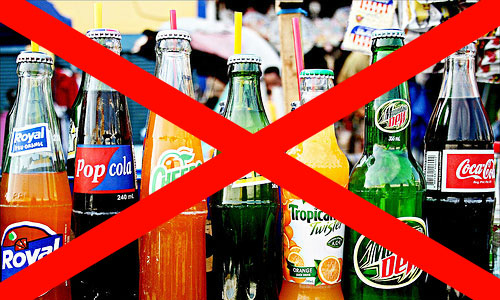Around the world people who love to take soda (what is known in Nigerian parlance as mineral) have strongly embraced the sugar-free version which the soft-drink industry has been actively marketing with enormous advertising budgets.

Sugar-free soft-drink, known in the United States as diet soda is made with aspartame, a sweetener derived from aspartic acid, which is an amino acid. Aspartame has about 200 times the sweetness of sugar but is far cheaper than sucrose, the normal sugar just about any knows, which was the main sugar previously used in the production of soft drinks.
A wide range of research findings on aspartame have put a question mark on it, such that it is now associated with certain medical disorders in vital organs of the body. New red flags have predictably been raised to warn people about the inherent dangers in excessive consumption of diet soda.

Be honest, how many diet sodas have you had today? Some people can stop at just one. Others rarely imbibe any, preferring water or juice or some other healthy beverage. The emerging facts show clearly that diet soda is not good for health.
1. Artificial sweeteners trigger painful headaches

Many diet sodas are sweetened with aspartame, a controversial sweetener that is 200 times sweeter than regular refined sugar. Some studies have linked the sweetener to headaches in some people, suggesting that it might trigger the unexplained pain.




Discussion about this post